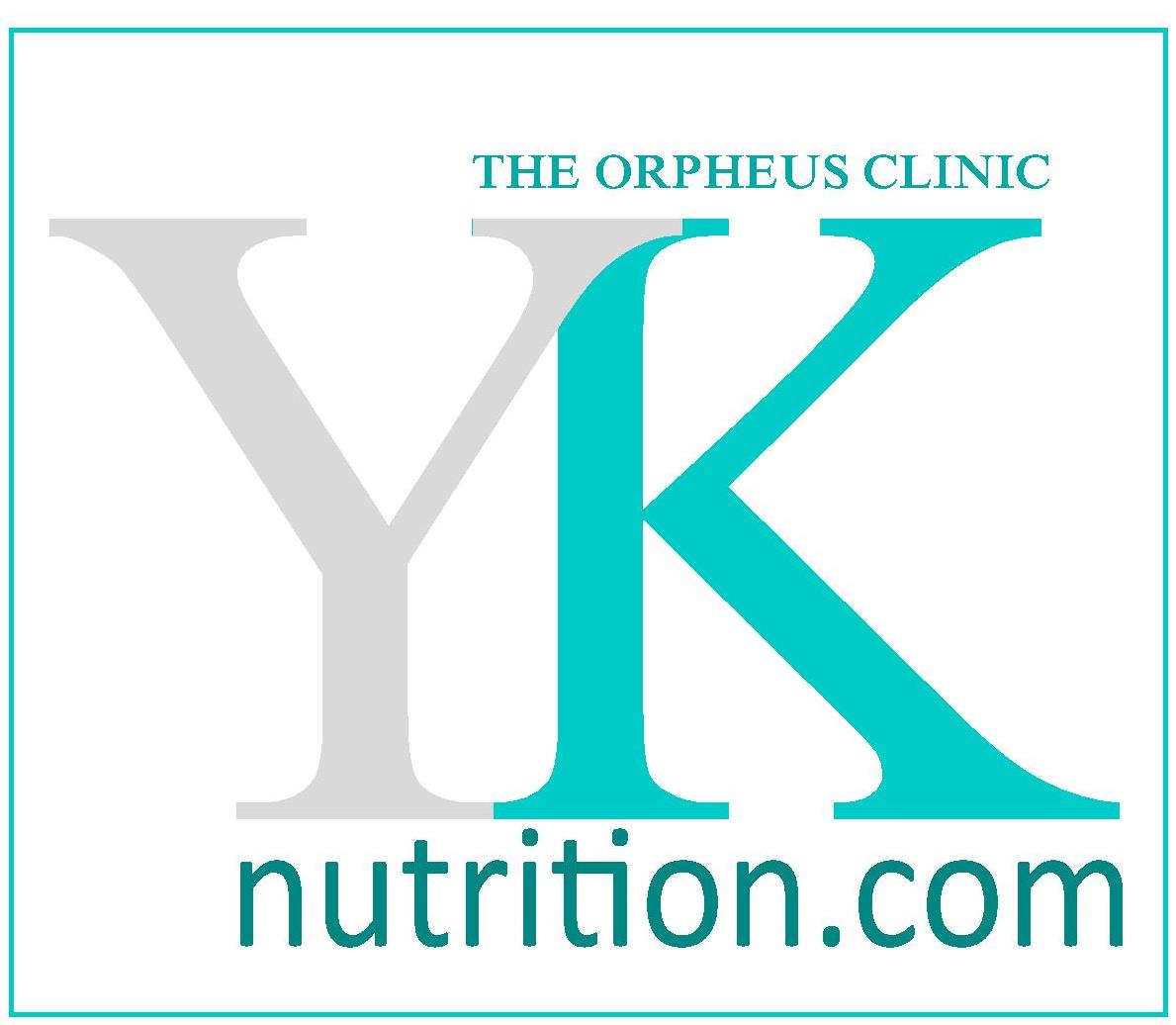Know your vitamin D level

If you haven’t noticed, vitamin D is all over the news because we continue to learn more and more about it and its interactions in the body. Unlike other vitamins, we are still learning new things about vitamin D all the time because it acts more like a hormone than a vitamin. Its deficiency in the body has severe repercussions, the extent of which we continue to learn and appreciate. In fact, it was reported recently in Alternative Medicine Review that the first RCT (randomized clinical trial) of vitamin D in preventing internal cancers found a 60-percent reduction in such cancers by increasing baseline 25(OH)D levels [the lab test for vitamin D] from 29 ng/mL to 38 ng/mL with 1,100 IU (28 mcg) per day. In other words, increasing vitamin D levels helped to prevent certain cancers.
The review went on to state that, “Besides cancer, vitamin D deficiency is associated with cardiovascular disease, hypertension, stroke, diabetes, multiple sclerosis, rheumatoid arthritis, inflammatory bowel disease, osteoporosis, periodontal disease, macular degeneration, mental illness, propensity to fall, and chronic pain. A recent review presented considerable evidence that influenza epidemics, and perhaps even the common cold, are brought on by seasonal deficiencies in antimicrobial peptides (AMP), such as cathelicidin, secondary to seasonal deficiencies in vitamin D. Results of an RCT support the theory, finding 2,000 IU of vitamin D/day for one year virtually eliminated self-reported incidence of colds and influenza. Even the current triple childhood epidemics of autism, asthma, and type 1 diabetes, all of which blossomed after sun-avoidance advice became widespread, might be the tragic and iatrogenic sequela of gestational or early childhood vitamin D deficiencies brought on by medical advice to avoid the sun.”
OPTIMAL
25-Hydroxyvitamin D Values
50-70 ng/ml or
115-128 nmol/l
NORMAL
25-Hydroxyvitamin D lab Values
20-56 ng/ml
50-140 nmol/l
Your vitamin D level should NEVER be below 32 ng/ml.
Any levels below 20 ng/ml are considered serious deficiency states and will increase your risk of breast and prostate cancer and autoimmune diseases like MS and rheumatoid arthritis.
Contact:
Yuliya Klopouh, Pharm.D.
The Orpheus Clinic
Baltimore, MD
Phone: (443) 854-8673
